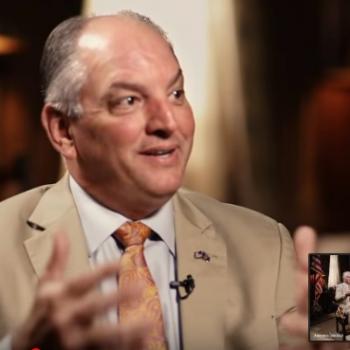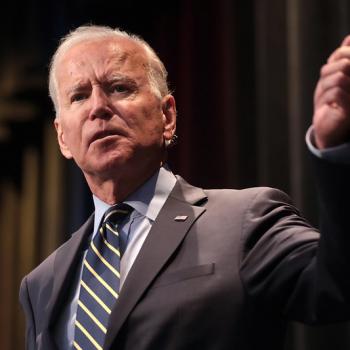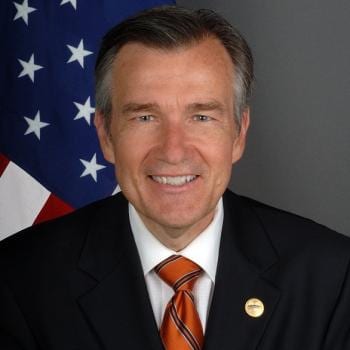
Here’s an interesting take, from T.M. Luhrmann:
If you want to understand how evangelicals conceive of their political life, you need to understand how they think about God. I am an anthropologist, and for the last 10 years I have been doing research on charismatic evangelical spirituality — the kind of Christianity in which people expect to have a personal relationship with God. They talk to God, and in some way or another, they expect that God will talk back. This is a lot of people. In 2006, the Pew Forum reported that 23 percent of Americans embraced this kind of “renewalist” Christianity and that 26 percent said they had received a direct revelation from God.
What someone believes is important to these Christians, but what really matters is becoming a better person. As I listened in church and participated in prayer groups, I saw that when people prayed, they imagined themselves in conversation with God. They do not, of course, think that God is imaginary, but they think that humans need to use their imagination to understand a God so much bigger and better than what they know from ordinary life. They imagine God as wiser and kinder than any human they know, and then they try to become the person they would be if they were always aware of being in God’s presence, even when the kids fuss and the train runs late.
This is tough to do. Christians understand that it is hard and so they practice being with God in many different ways. They set themselves tasks — ministering in jail, feeding the homeless, helping to set up the church on Sunday morning — so that they can grow through the experience of service. They care about the task, of course, but even more they care about becoming a person of God through doing the task.
Some evangelicals think about this process as spiritual formation, some talk about it as redemption, others as salvation. Whatever you call it, the point is that the person is changing for the better and that the process is long, slow and hard.
This completely changes the way someone thinks about politics.When secular liberals vote, they think about the outcome of a political choice. They think about consequences. Secular liberals want to create the social conditions that allow everyday people, behaving the way ordinary people behave, to have fewer bad outcomes.
When evangelicals vote, they think more immediately about what kind of person they are trying to become — what humans could and should be, rather than who they are. From this perspective, the problem with government is that it steps in when people fall short. Rick Santorum won praise by saying (as he did during the Values Voters Summit in 2010), “Go into the neighborhoods in America where there is a lack of virtue and what will you find? Two things. You will find no families, no mothers and fathers living together in marriage. And you will find government everywhere: police, social service agencies. Why? Because without faith, family and virtue, government takes over.” This perspective emphasizes developing individual virtue from within — not changing social conditions from without.











